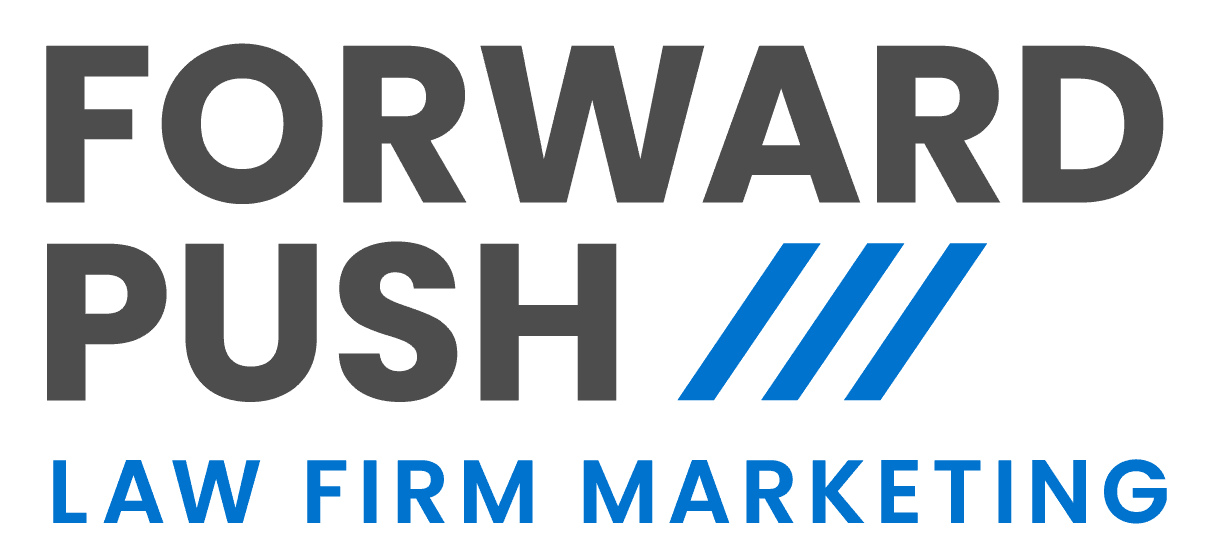By Marc Apple ● ● 5 min read

Table of Contents
TL:DR Charging for legal consultations attracts serious clients, reduces no-shows, and enhances profitability, while free consultations increase accessibility and lead volume. The best approach depends on your practice area, target clientele, and growth goals.
No time to read? Listen to a conversation about this blog post instead.
As an attorney, deciding whether to offer free or paid consultations can significantly impact your practice. This common dilemma raises questions about client quality, time management, and overall profitability.
In this article, we’ll explore the pros and cons of both options, backed by industry insights, helping you make an informed decision that aligns with your firm’s goals and clientele.

By charging for your time, you attract clients who value your expertise and are more likely to engage your services
The Case for Paid Consultations
Paid consultations can filter serious clients from those simply shopping around. By charging for your time, you attract clients who value your expertise and are more likely to engage your services.
Here are some benefits of implementing paid consultations:
- Filtering Serious Clients: Paid consultations generally attract individuals who are genuinely interested in hiring an attorney. This reduces the number of tire kickers who waste your time.
- Simplified Intake Process: With a fee involved, your intake process shifts from merely scheduling appointments to qualifying leads, ensuring that only the most promising clients make it through.
- Compensation for Expertise: Your knowledge and skills are valuable. Charging for consultations ensures you’re compensated for the time and expertise you provide.
- Setting Expectations: Clients who pay for consultations often approach the process with a more serious mindset, understanding the value of the service they are receiving.
- Attracting High Net-Worth Clients: Individuals who can afford to pay for legal consultations often expect higher-quality service, making them ideal clients for your firm.
- Reducing No-Shows: Clients are less likely to miss appointments when they have a financial investment in the consultation.
- Perception of Value: Charging for consultations creates a perception of quality. Clients often associate higher fees with better service.
Additionally, ethical considerations should be taken into account. For example, the American Bar Association (ABA) and various state bar associations provide guidance on whether and how attorneys can charge for consultations.
Attorneys should reference their local bar’s website to ensure compliance with regulations. Some state bar associations provide guidelines on how consultations should be conducted and whether fees are appropriate. Lawyers should ensure that their consultation practices comply with legal ethics rules and industry best practices.

Free consultations can also serve a purpose, particularly for newer attorneys or those looking to build their client base
The Benefits of Free Consultations
While there are compelling reasons to charge for consultations, free consultations can also serve a purpose, particularly for newer attorneys or those looking to build their client base. Here are some advantages:
- Wider Client Base: Free consultations can attract a broader range of potential clients, increasing your overall lead generation.
- Building Trust and Rapport: Offering free consultations can make you more approachable, helping to establish a connection with potential clients.
- Competitive Advantage: In a market where many attorneys charge for consultations, offering a free option can set you apart from competitors.
- Demonstrating Expertise: Free consultations allow you to showcase your knowledge and skills, potentially leading to more clients down the line.
- Reduced Friction in Lead Generation: The lack of a financial barrier means more people are likely to book a consultation, leading to increased inquiries.
Some practice areas, such as personal injury and workers’ compensation, often offer free consultations as industry standards. According to a study by Martindale-Avvo, nearly 60% of personal injury attorneys provide free initial consultations to attract more potential clients. This practice helps build trust and encourages more inquiries, while business law or estate planning attorneys may find that paid consultations work better for their target clientele.

The decision between free and paid consultations often depends on your firm’s stage of growth and target clientele
Choosing the Right Approach
The decision between free and paid consultations often depends on your firm’s stage of growth and target clientele. Here are some considerations:
- Experience Level: Newer lawyers may benefit from offering free consultations to gain experience and build a client list, while established attorneys might prefer paid consultations to maximize efficiency and profitability.
- Practice Area Considerations: Certain legal fields, such as criminal defense or personal injury, typically offer free consultations due to the nature of the cases. In contrast, specialized legal services like intellectual property law may warrant a paid model.
- Target Market: Consider the type of clients you wish to attract. High net-worth individuals may expect to pay for consultations, while other demographics might be more price-sensitive.
- Volume vs. Quality: Determine whether your practice focuses on high-volume, low-cost services or premium, high-quality representation. This will inform your consultation strategy.
- Ethical Considerations: Check with your state bar association regarding consultation fee structures. Some jurisdictions have specific rules about charging for initial consultations.
Real-World Case Study
One of our clients initially offered free consultations but found that many individuals were simply seeking free legal advice without serious intent to hire. After switching to a $300 one-hour consultation fee, her new client list expanded considerably, attracting individuals who valued her expertise and were more likely to retain her services.

By understanding the pros and cons of each approach, you can make a decision that enhances your law firm’s operations and client acquisition strategies
Making the Right Consultation Choice for Your Firm
Ultimately, the choice between free and paid consultations should align with your business goals and the type of clients you wish to serve. By understanding the pros and cons of each approach, you can make a decision that enhances your law firm’s operations and client acquisition strategies.
If you would like to have me and my team personally review your online marketing strategy and show you where there is room for improvement, click to schedule your free Lead Flow Acceleration Session now.
For more insights on optimizing your law firm’s client acquisition strategies, check out our article on do law firms really do need a blog.
Common Questions About Legal Consultations
Are free consultations worth it?
Free consultations can help you attract new clients and build trust, but they may also lead to unqualified leads. Consider your firm’s goals when deciding.
How do I set a fee for paid consultations?
If you choose to charge for consultations, determine a fee that reflects your expertise and the value you provide, while also being competitive within your market.
Can I offer a hybrid approach?
Yes, some attorneys offer a free initial consultation, followed by a paid session for more in-depth discussions. This can help balance lead generation with client qualification.
What if clients are hesitant to pay for a consultation?
Educate potential clients about the value of your expertise and the benefits they’ll receive from a paid consultation. This can help alleviate concerns about the cost.
Are there ethical concerns with charging for consultations?
Some state bar associations have specific rules about consultation fees. Always check your jurisdiction’s guidelines to ensure compliance.




